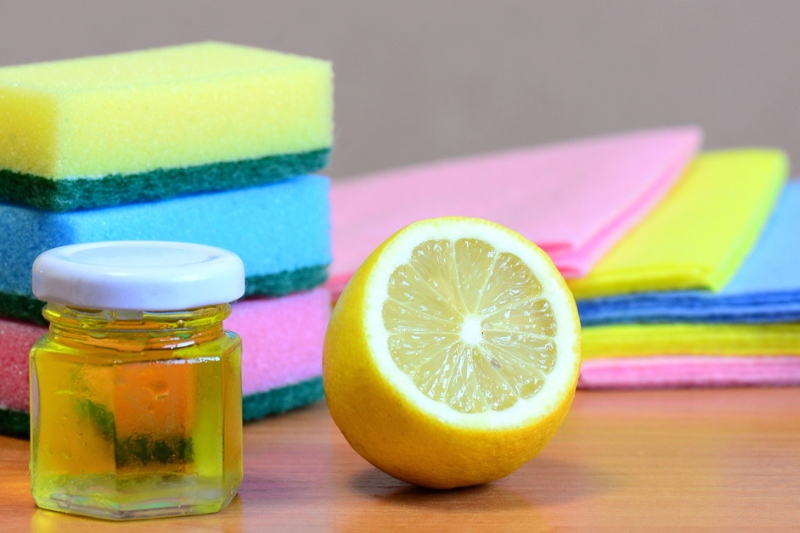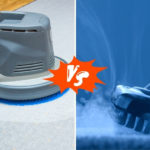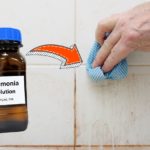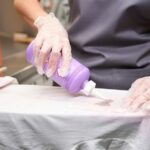If you like to use natural products around the home, you’ll be pleased to know there’s plenty you can do with olive oil.
It’s a completely safe product that you likely have in your home anyway, meaning you could save a bit of money by switching to cleaning with olive oil.
To help you out, here are eight uses for olive oil in cleaning.
The suggestions below are some of the most effective uses for olive oil around the home.
1. Polishing Stainless Steel
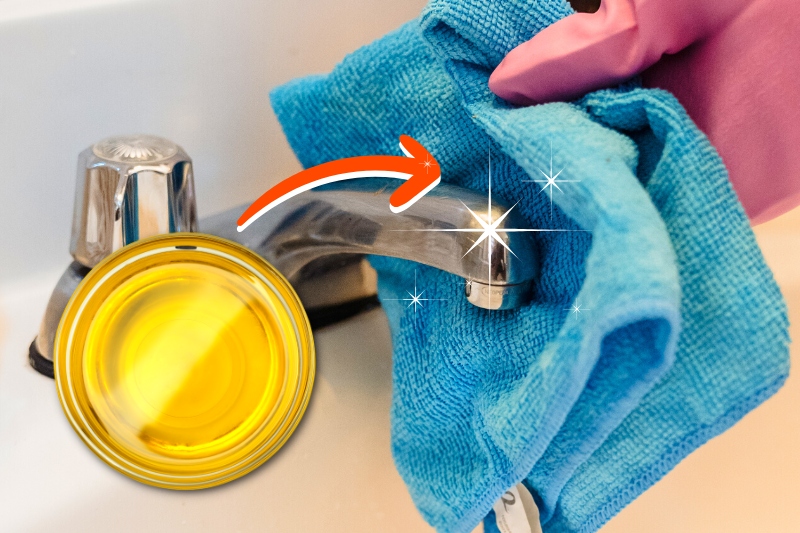
Despite the name, stainless steel can lose its shine and tarnish or scratch slightly.
It can happen through regular cleaning, particularly if you use abrasive substances to remove stains (including many dishwasher tablets).
Unsurprisingly, olive oil can help restore the shine to your stainless steel.
Simply put a small amount of olive oil on a soft cloth and buff it into your steel pots and pans to restore them. You can also use it on stainless steel appliances.
Make sure you buff away any excess with a clean dry cloth to really bring the shine out.
You can also use olive oil for chrome and to remove grease spots from steel cooker hoods and hobs.
2. Unsticking Zippers
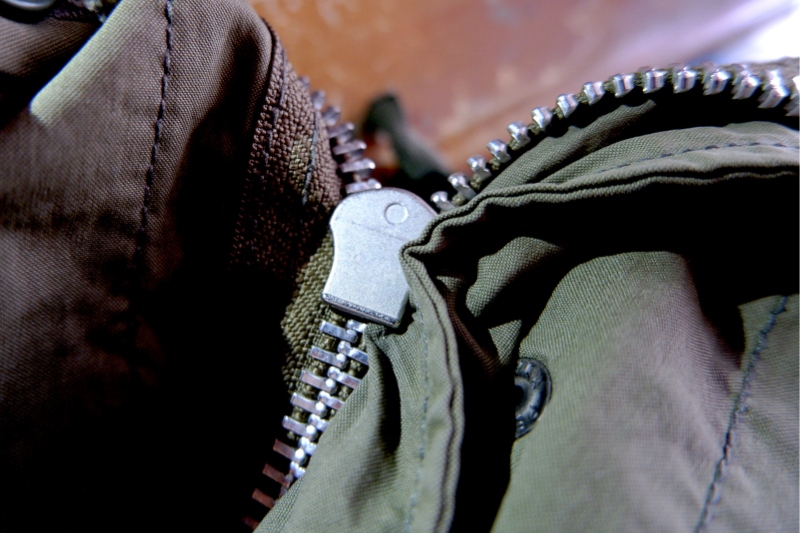
While a stuck zipper might not be your first thought when it comes to cleaning jobs, it can often happen as a result of cleaning the thing the zipper is attached to.
Without occasional lubrication, zips can get stuck or not run as smoothly.
Apply olive oil to a cotton bud and run it up and down the zip’s teeth. If possible, dab a bit of olive oil into the zip itself to help lubricate the stuck teeth. After it’s had a few minutes, the zip should run smoothly again.
Of course, you’ll want to avoid getting oil on the fabric because it can stain.
3. Preventing Wax from Sticking
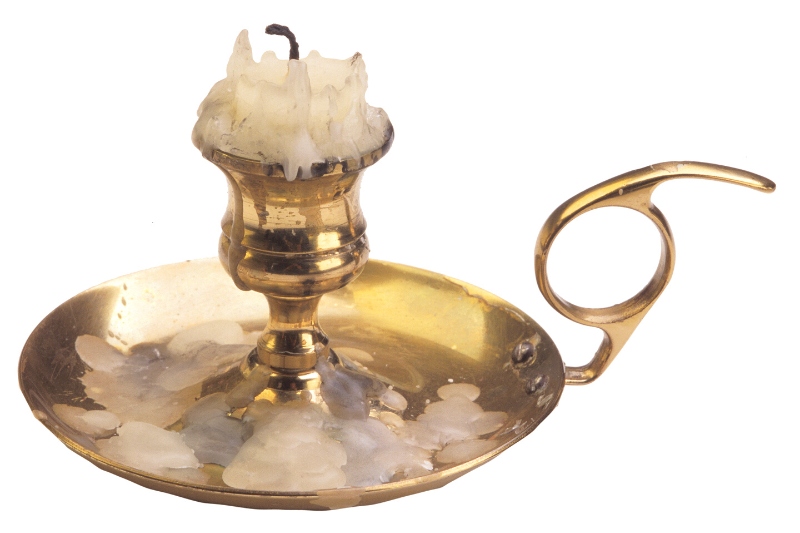
Did you know olive oil can stop wax from sticking? Well, it can! This is a useful tip if you’ve got fancy candle holders that you want to keep looking fresh and new.
Wipe some olive oil around the candle holder where the candle will sit. Then insert the candle and light it as normal.
When you come to remove the candle, the dripped wax will peel right off, making clean up much easier.
4. Cleaning Makeup Brushes
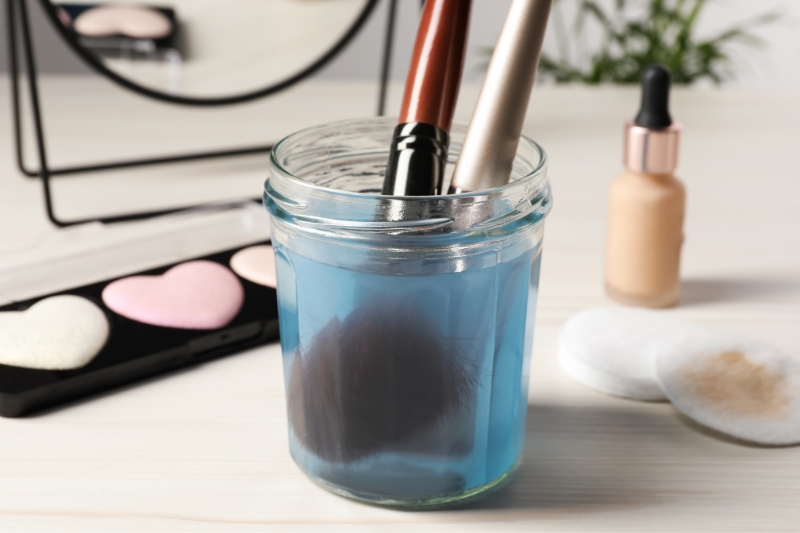
You can clean makeup brushes with olive oil. Combine 1 part oil to 2 parts washing up liquid and swirl your wetted makeup brushes in the mixture.
The oil helps to pull out excess makeup and, when combined with washing up liquid, makes a pretty effective cleaning solution.
Ensure you’ve thoroughly rinsed your brush after though. Although there’s no harm in getting olive oil on your skin, if it’s left for too long it can spoil, which could lead to bacteria growth on your brush.
5. Buffing Out Water Stains from Wooden Furniture
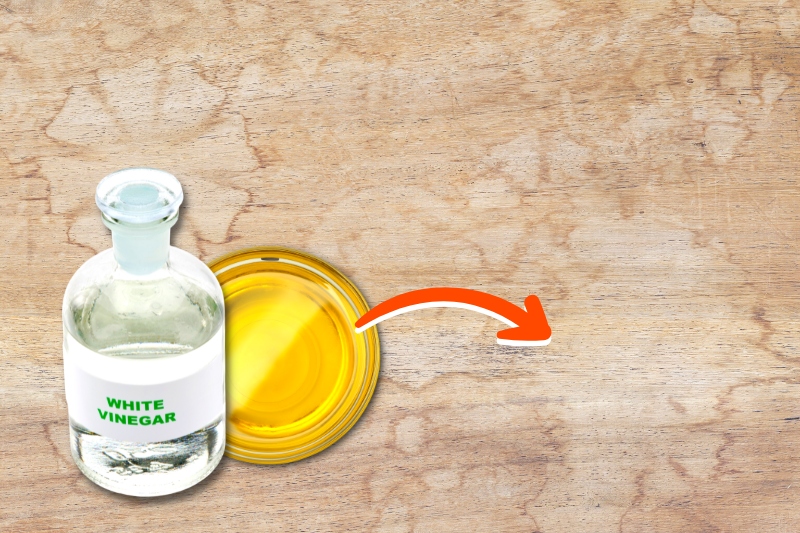
Olive oil can be an effective solution for removing water rings from wooden furniture.
Mix it with equal parts white vinegar and then rub gently over the water ring. You’ll want to move in the direction of the wood grain rather than against it.
The vinegar is the actual stain remover here – the oil is more for a bit of polish and to nourish the wood. But combined they should cover up minor water ring stains.
Just make sure you buff the excess off with a clean cloth once you’ve removed the stain.
6. Fixing Squeaky Hinges
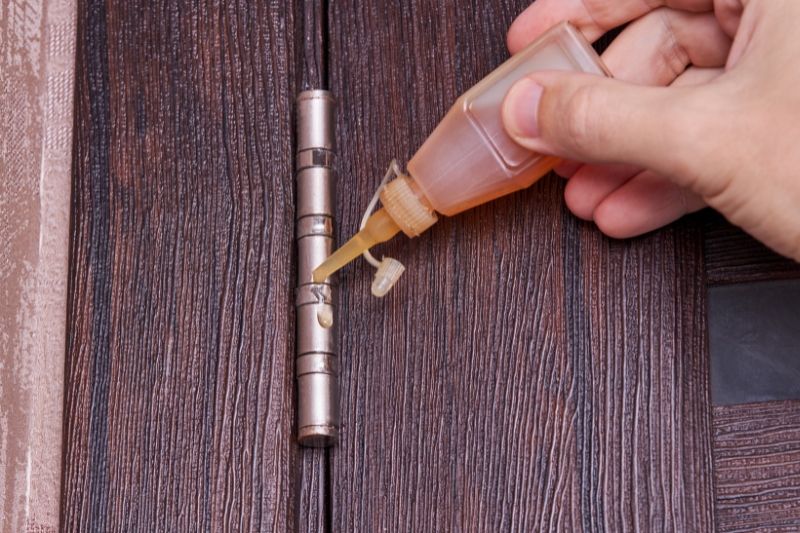
It probably comes as no surprise that olive oil can help stop squeaky hinges. After all, oils are lubricants, and that’s exactly what you need on a squeaky hinge.
The easiest way to apply olive oil to a squeaky hinge is with a spray bottle. If that’s not possible, you’ll need to find a way to drip some oil into the hinge. You can do this by rubbing the top of the hinge with oil on a cloth.
However, make sure you don’t apply too much, as the excess oil can drip and will stain wood or matte paint (it won’t be a problem with emulsion though).
7. Unsticking Stickers
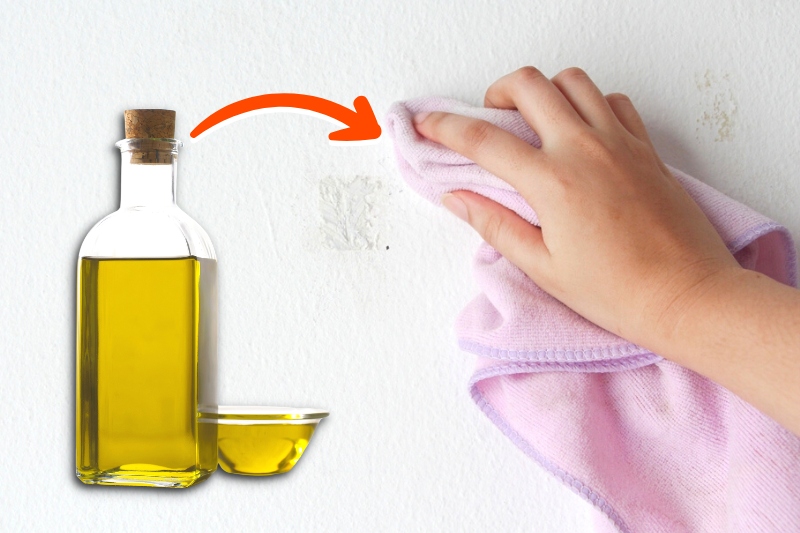
Do you have a stubborn sticker that you just can’t remove from a new purchase? Even if you peel off the sticker itself, it’s common for it to leave behind some residue.
Luckily, olive oil is a perfect solution.
Pour some oil onto a cloth and rub it over the sticker. If that doesn’t start to shift it, hold the oily cloth over the sticker for a few minutes so it has a chance to soak.
You should then be able to wash it off with warm soapy water. Repeat the process if there’s any sticker left after washing.
8. Reducing the Tarnish on Silver
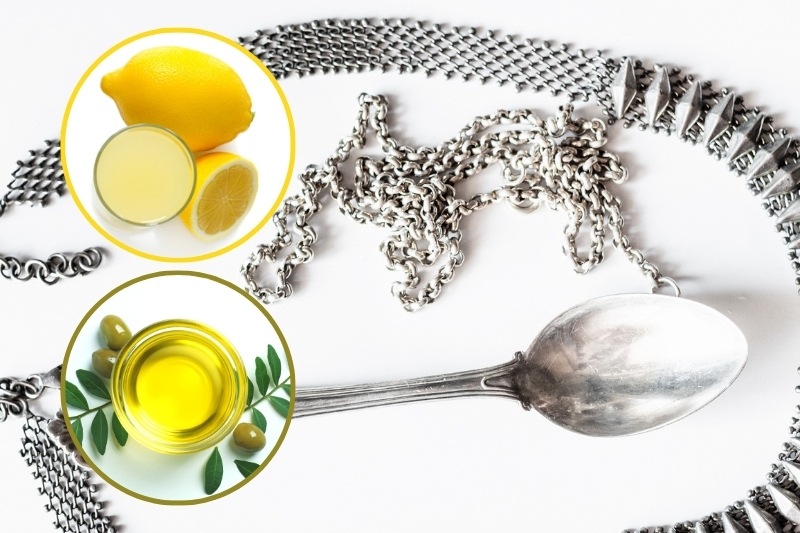
Olive oil won’t completely remove the tarnish from silver, but it can certainly help to restore some of its shine. Mix 1 part lemon juice to 2 parts olive oil and use this as your cleaning solution.
Dip a cloth into the mixture and rub it over your silver items. This works on jewellery, cutlery, and any other household items that might be slightly tarnished. Rub it in with the cloth in small, circular motions.
Then you’ll need to remove the excess mixture with a cloth and warm water. Again, just rub the silver down and then buff it up to a shine with a different clean cloth.
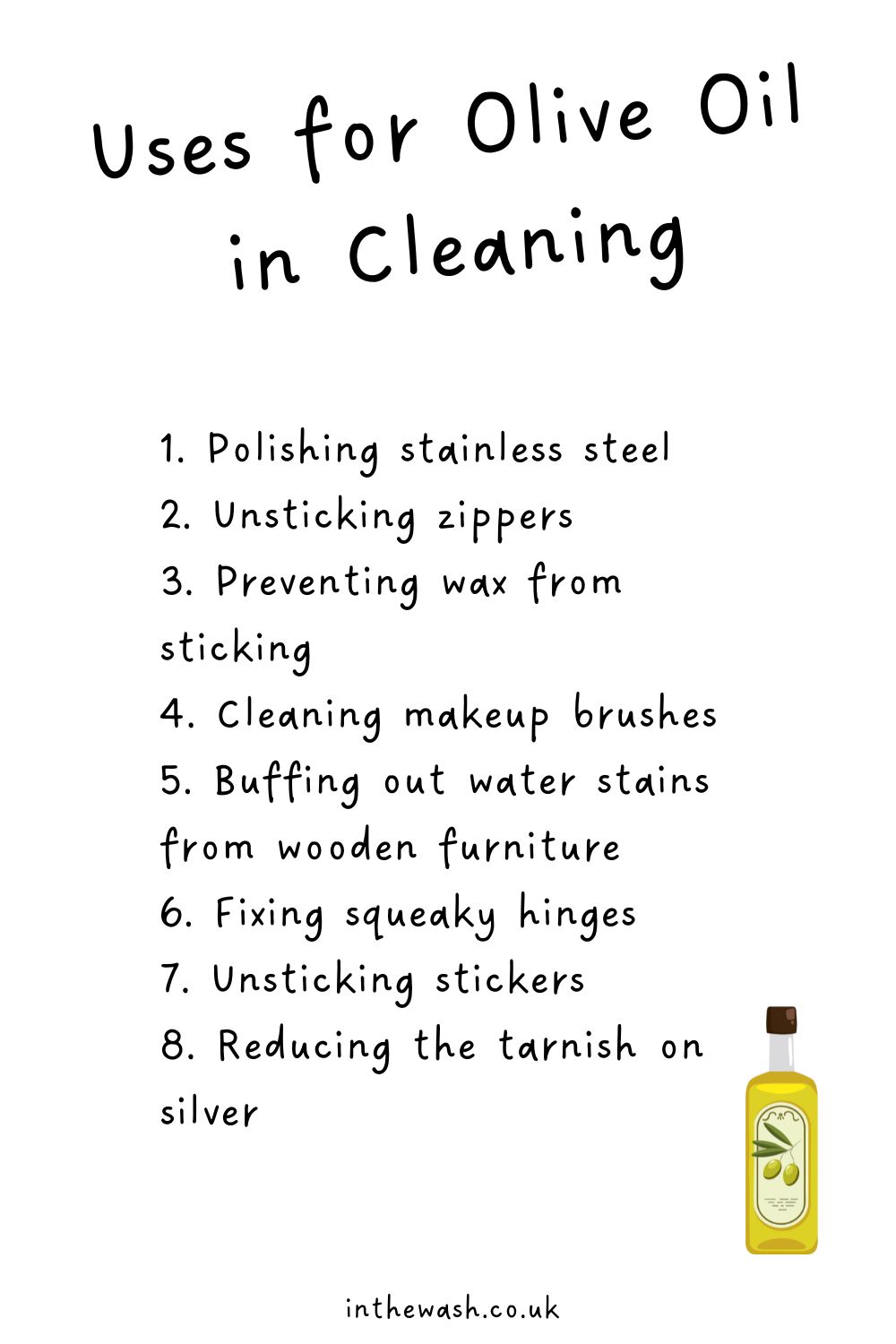
What Not to Clean with Olive Oil
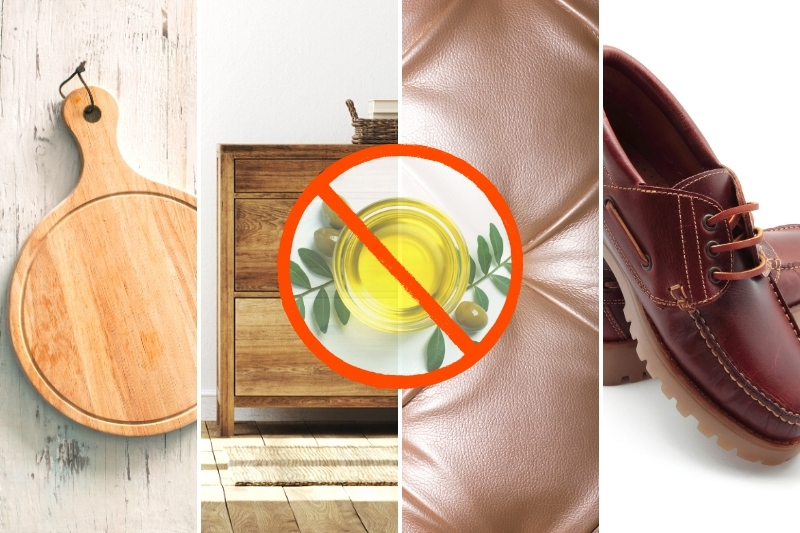
Cleaning with olive oil is generally fool proof. However, there are plenty of things you should avoid cleaning with olive oil that you might have seen elsewhere. These include:
- Wood chopping boards
- Wood furniture
- Leather furniture
- Shoes
Although these items benefit from a bit of moisture, olive oil isn’t the product for doing so.
This is because it’s an organic product, meaning it’ll spoil and go rancid. If you’ve ever smelt rancid oil, you’ll know why you won’t want to rub it all over your furniture!
For leather products, use an actual leather cream, such as Furniture Clinic Protection Cream. For chopping boards and other wooden cooking items, use food-grade mineral oil, such as this Chopping Board Oil.
Mineral oil doesn’t spoil and therefore won’t smell. Generally, you’ll want to avoid using oils made from natural products (olives, avocado, nut, vegetable, etc.) on anything where the oil will soak in.
The cleaning options given above are ones where you’re either working with an impermeable surface or you wipe away the excess oil.
Final Thoughts
As you can see, there are plenty of options for cleaning with olive oil around the home. Just avoid using it for polishing wood or leather, as these won’t benefit from a natural oil. Even so, having some olive oil on hand for cleaning can help in a pinch.

Jacob is a writer based in Wales, where he lives with his partner and two dogs. All his work is fuelled by extensive research and buckets of coffee.
